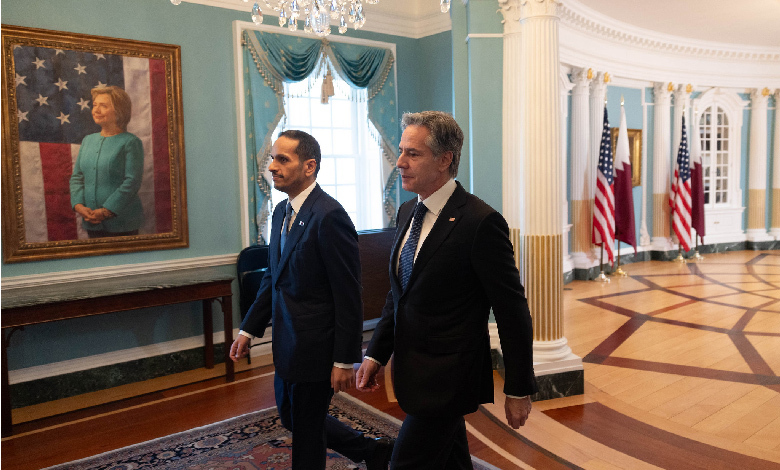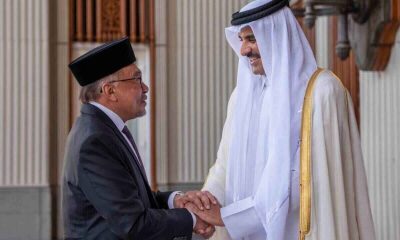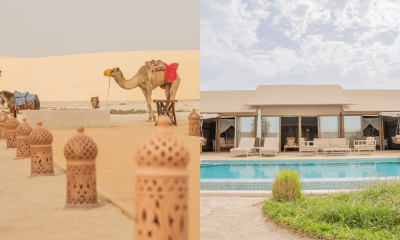US Secretary of State Antony Blinken and Sheikh Mohammed bin Abdulrahman bin Jassim Al Thani, Qatar’s Prime Minister and Minister of Foreign Affairs, discussed a number of challenging topics at a meeting in Washington DC on Monday evening.
The leaders affirmed the strength and importance of the US-Qatar bilateral relationship in promoting regional security and stability, founded on a history of more than 50 years of close cooperation, according to US State Department spokesperson Matthew Miller.
Qatar, the main mediator between Hamas and Israel
Secretary Blinken additionally expressed gratitude for the Gulf state’s notable mediation efforts, especially since the October 7 Hamas assault on Israel. Qatar has served as the main mediator between Hamas and Israeli officials during the ongoing conflict.
In November, Qatar helped facilitate a temporary ceasefire in fighting, during which 110 Israeli and foreign hostages were released from the Gaza Strip in exchange of 240 Palestinian prisoners. Under the deal, badly needed aid was also allowed into the enclave.
During the Monday meeting, the leaders discussed the importance of immediate release of all the remaining hostages held by Hamas, and agreed to continue closed coordination to provide increased humanitarian assistance and to urge the protection of civilians.
The US secretary of state highlighted his country’s commitment to a more peaceful, integrated and prosperous Middle East region with security for Israel and the establishment of an independent Palestinian state, according to Miller.
Targeting of US military base in Jordan
The leaders also discussed concerns over the Houthi threat to navigational rights and freedoms in the Red Sea. In addition, Sheikh Mohammed condemned the recent targeting of a US military base in Jordan, known as Tower 22.
He extended Qatar’s condolences to the victims’ families, the US government and the American people, and wished the injured a speedy recovery. There are about 3,000 US troops based in Jordan, a prominent US ally, besides 2,500 in Iraq and 900 in Syria.






















